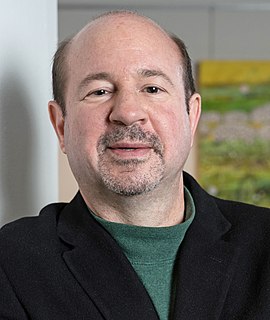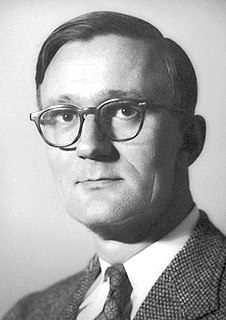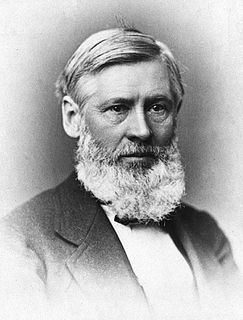A Quote by Vera Kistiakowsky
The exquisite order displayed by our scientific understanding of the physical world calls for the divine.
Quote Topics
Related Quotes
Philosophical questions are not by their nature insoluble. They are, indeed, radically different from scientific questions, because they concern the implications and other interrelations of ideas, not the order of physical events; their answers are interpretations instead of factual reports, and their function is to increase not our knowledge of nature, but our understanding of what we know.
I am very astonished that the scientific picture of the real world around me is deficient. It gives a lot of factual information, puts all our experience in a magnificently consistent order, but it is ghastly silent about all and sundry that is really near to our heart, that really matters to us. It cannot tell us a word about red and blue, bitter and sweet, physical pain and physical delight; it knows nothing of beautiful and ugly, good or bad, God and eternity.
The true scientific understanding of the nature of existence is so utterly fascinating; how could you not want people to share it? Carl Sagan, I think, said 'when you're in love, you want to tell the world.' And who, on understanding a scientific view of reality, would not, as it were, fall in love and want to tell the world.
We're not in the physical world. The physical world is in us. We create the physical world when we perceive it, when we observe it. And also we create this experience in our imagination. And when I say "we," I don't mean the physical body or the brain, but a deeper domain of consciousness which conceives, governs, constructs and actually becomes everything that we call physical reality.
The yoga we practice is not for ourselves alone, but for the Divine; its aim is to work out the will of the Divine in the world, to effect a spiritual transformation and to bring down a divine nature and a divine life into the mental, vital and physical nature and life of humanity. Its object is not personal Mukti, although Mukti is a necessary condition of the yoga, but the liberation and transformation of the human being. It is not personal Ananda, but the bringing down of the divine Ananda - Christ's kingdom of heaven, our Satyayuga - upon the earth.
Our divine perfection - not registered by the physical eye but only by the heart’s knowing - is who we truly are. Our mortal imperfections - registered by the physical senses - are not who we truly are. Yet we keep trying, in love, to find each other’s perfection within the world of imperfection. And it simply is not there.































